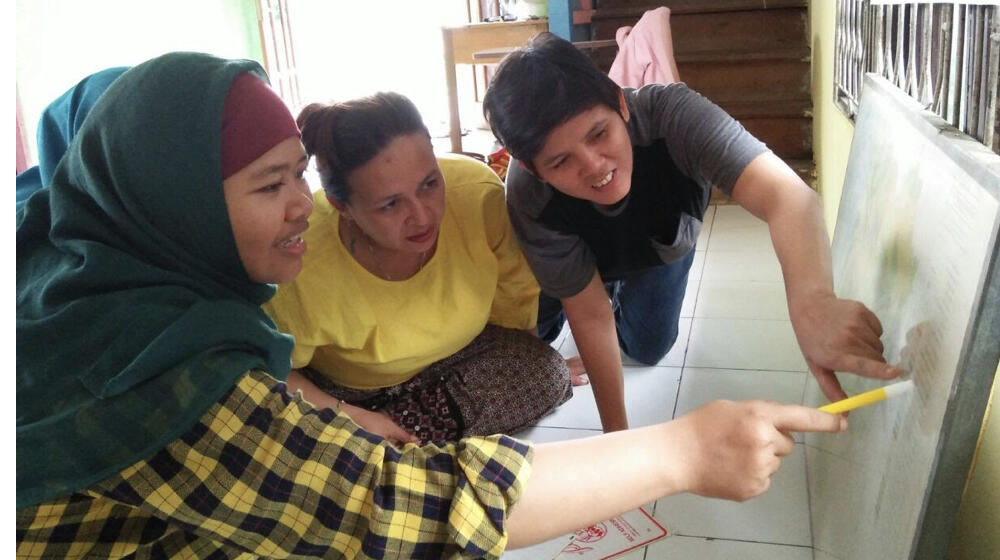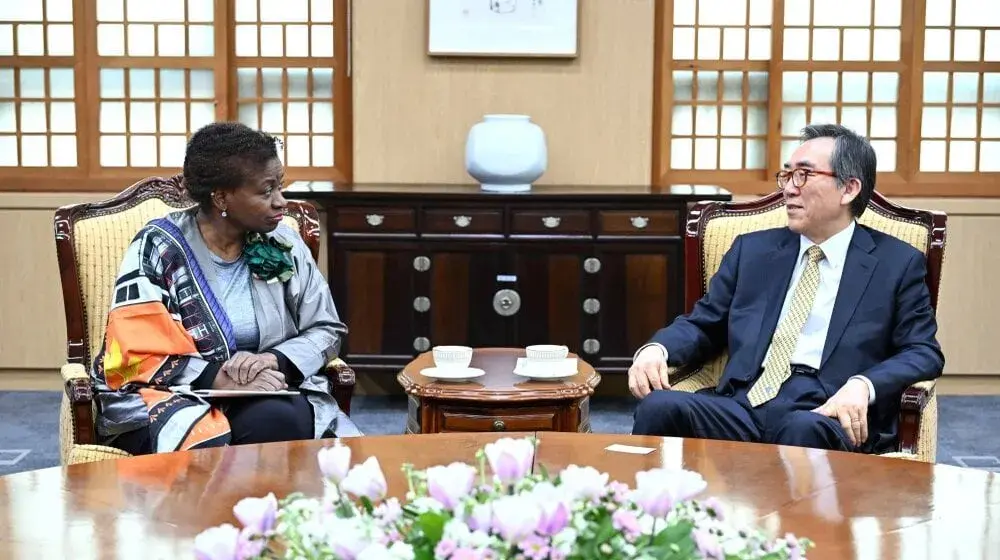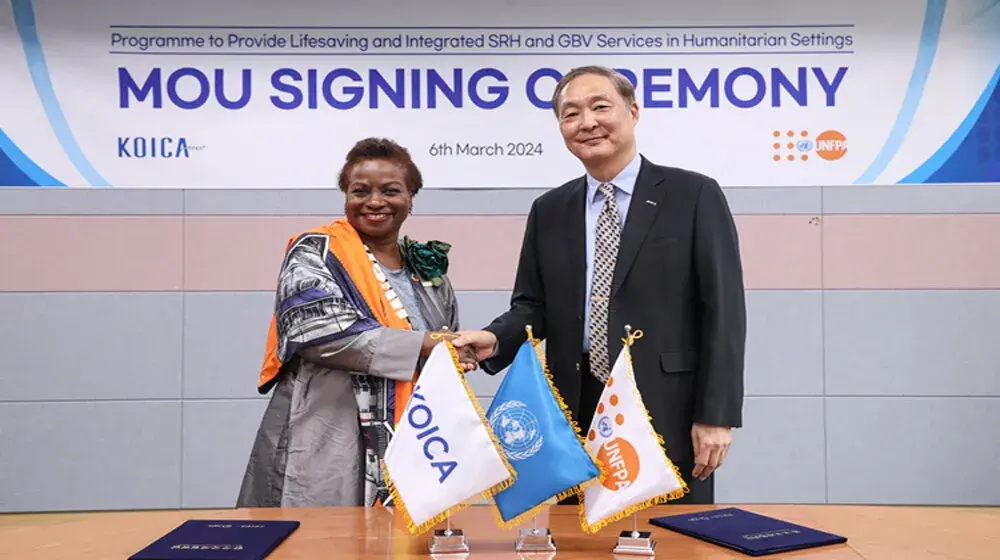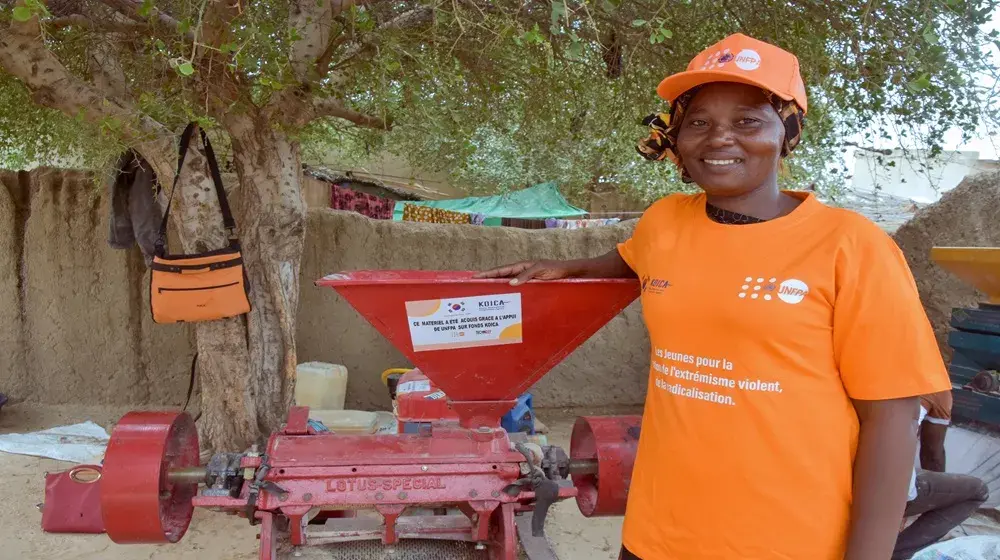Statement by UNFPA Executive Director Dr. Natalia Kanem on World AIDS Day 2021
Pandemics will thrive as long as inequalities do
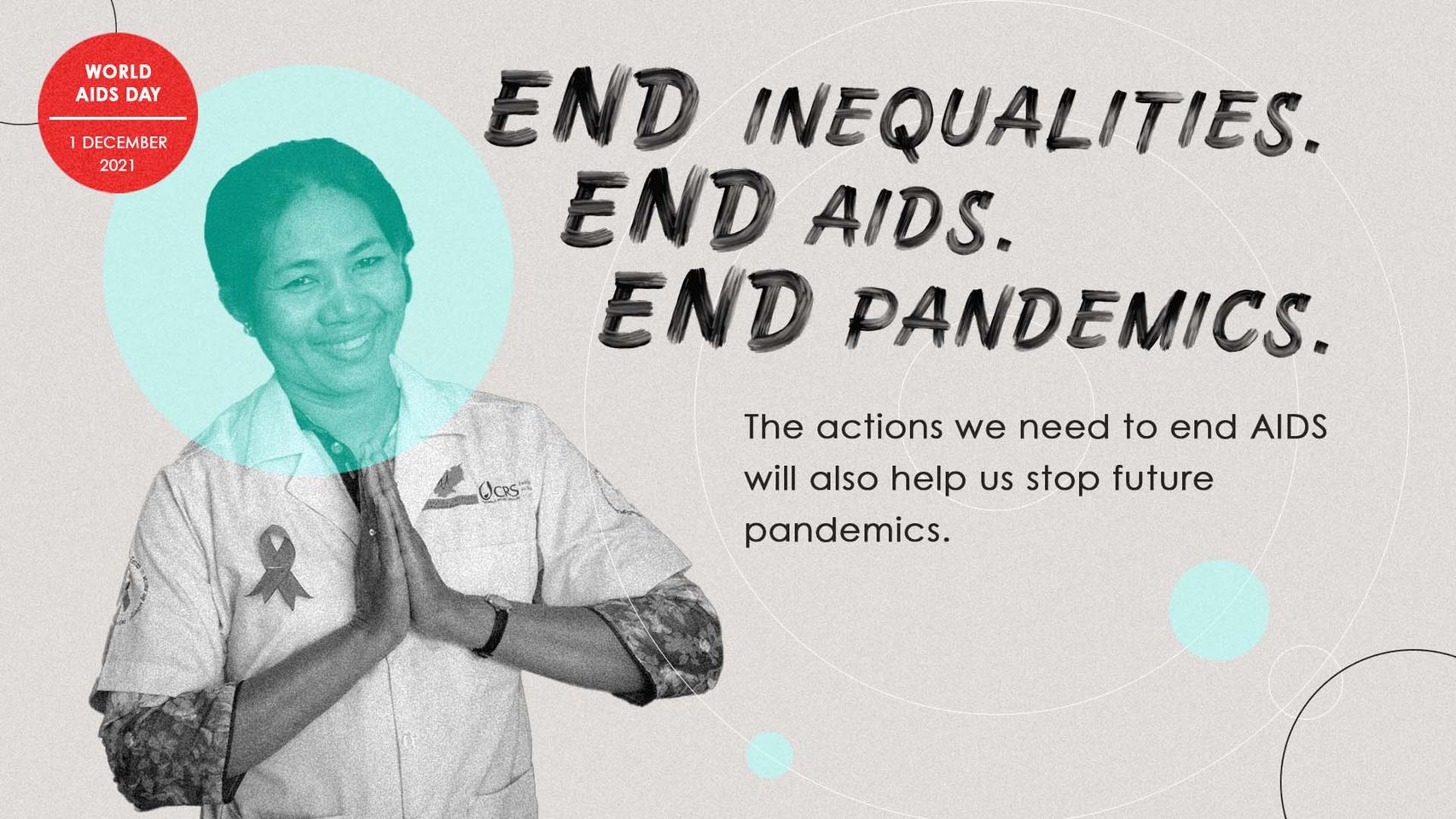
December 1, 2021
As the world embarks on a third year of the COVID-19 pandemic, we cannot forget that we are also on the cusp of the fifth decade of the AIDS pandemic. The continued spread of these two viruses lays bare stark social, health, legal and economic inequalities faced by vulnerable communities across the globe – with untold consequences for millions of women and girls in particular.
Progress on the path to ending AIDS by 2030 has stalled in recent years, not because of a lack of knowledge or tools, but because these inequalities are obstructing access to HIV prevention and treatment. This is a plight that is only intensifying, as many countries scale back sexual and reproductive services amid the COVID-19 crisis, their health systems stretched beyond breaking point.
COVID-19 has also exacerbated violence against women, and those who experience intimate partner violence are at signficantly greater risk of contracting HIV. Meanwhile the threat of violence deters many in need from seeking HIV prevention, testing, treatment and support. In short, our inability to decisively contain the AIDS and COVID-19 pandemics, and the “shadow pandemic” of gender-based violence, is inseparable from our other deadly affliction -- the disease of inequality.
We see this when people living with HIV face heightened threats of social marginalization and prejudice. We see this in the mounting vulnerabilites -- to violence, to HIV infection, to being left behind -- faced by adolescent girls, men who have sex with men, sex workers, transgender people and people who inject drugs.
Pandemics thrive on the fault lines of inequalities. Ending inequality must therefore be a keystone of our public health response to ending AIDS and COVID-19 and averting future pandemics. HIV prevention initiatives must encompass ending gender-based violence, balancing unequal power dynamics and countering harmful gender norms. Both AIDS and COVID-19 can be halted and future pandemics thwarted, but it will require strong political leadership, action, and accountability on all sides to acknowledge that no one is safe until everyone is safe.
Viruses don’t discriminate: our policies to defeat them can’t either. Unless we commit to equal global health coverage and reshape our AIDS and other pandemic responses, they will continue to ruin lives, ravage communities and splinter societies. Investing in more resilient health systems will reduce inequalities, increase growth and mean greater security for everyone.
Ensuring sexual and reproductive justice is how we realize sexual and reproductive health and rights for all, for good.
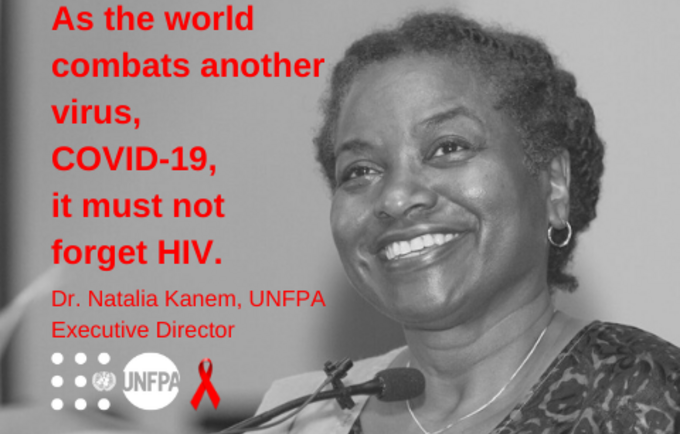
For more on how UNFPA contributes to the global response to HIV/AIDS, please visit unfpa.org/hiv-aids

